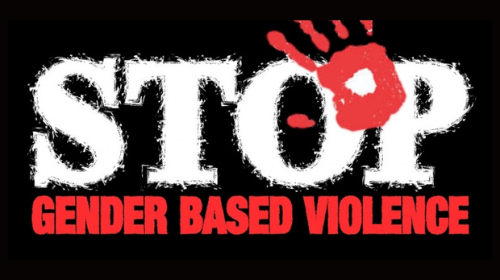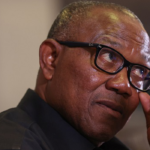
It was marked with ‘Women on The Frontline – Tackling Gender Based Violence’ roundtable.
The GBV is an annual international campaign that starts on November 25 (the International Day for the Elimination of Violence against Women) and ends on December 10 (Human Rights Day).
According to a statement from the US Embassy in Nigeria on Thursday, USAID Deputy Mission Director, Sara Werth, said USAID will use its convening power to strengthen coordination for the GBV response.
“We are looking at how to better integrate GBV interventions across all our programs. We will also work to address the programming gaps we identified today in partnership with the government of Nigeria and the private sector.
“In March 2023, USAID updated its Gender Equality and Women’s Empowerment policy. The policy strives to eliminate GBV and mitigate its harmful effects on individuals and communities so all people can live free from violence.
“All too often violence against women and girls becomes normalized. For each rape reported in connection with a conflict, the United Nations estimates that between 10 to 20 cases go unreported. Impunity, silence, and stigma are part of the problem,” Werth noted.
Also, the Acting British High Commissioner to Nigeria, Gill Atkinson, stated that ending GBV was a top priority for the UK Government.
Atkinson added that it supported the creation of the Mirabel Centre in Lagos, the first Sexual Assault and Referral Centre in Nigeria.
“We need to remember that gender-based violence does not occur in some distant place, it is happening in our local communities, potentially to our colleagues, neighbours, or even family members.
“Ending gender-based violence is a top priority for the UK Government and a cornerstone of our new International Women and Girls Strategy.
“Our 2023 International Women and Girls Strategy outlines ending GBV as a top priority, and we have most recently supported the creation of the Mirabel Centre in Lagos, the first Sexual Assault and Referral Centre in Nigeria.
“Through our programmes, we also support victims and survivors of GBV in the Northwest and Northeast states. This includes legal advice, psychosocial support, and police investigation training,” Atkinson explained.
The UK also has supported the Nigerian Government in integrating GBV-related information and services into broader social protection systems, in particular a referral system.
“This has included strengthening GBV service directories and training government officials. We continue to work closely together with the Nigerian Government to protect human rights, with a special focus on the rights of women and girls of Nigeria,” the statement added.
Participants included a forensic examiner from a sexual assault referral centre in Jigawa, a social worker from a women’s shelter in Kaduna and a legal expert from the International Federation of Women Lawyers Nigeria, amongst others.





